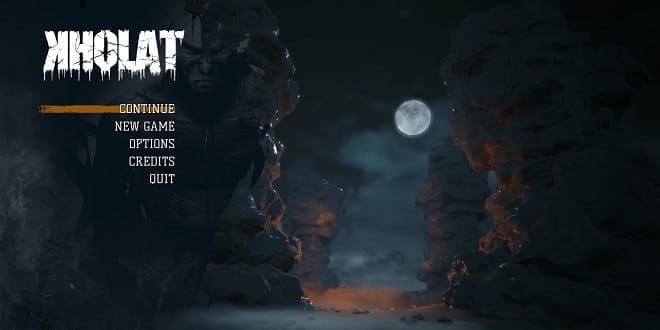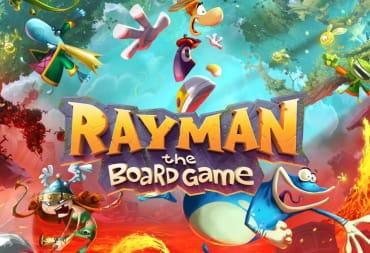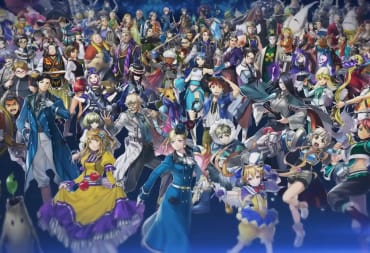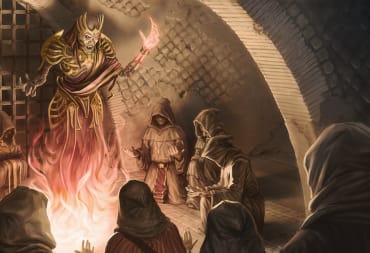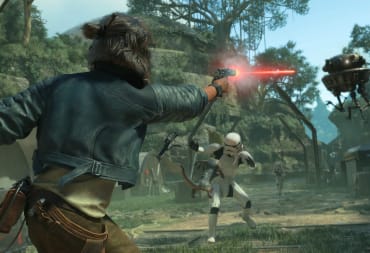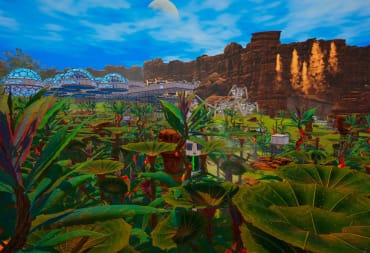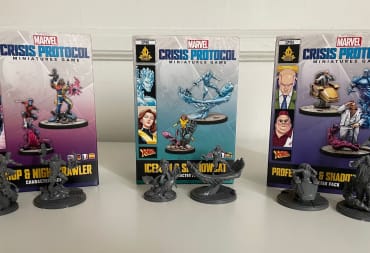Kholat is a rare type of game – one that challenges you and harkens back to another era in many ways. Kholat is a first person survival horror exploration game based on the real life Dyatlov Pass Incident. Unlike many other "survival horror" games, Kholat isn’t actually an action game or a crafting game with touches of horror.
Instead, Kholat takes you to a beautiful, yet haunting world that heavily relies on atmosphere to create tension. Set in the Northern Ural Mountains, you are there a while after the Dyatlov Pass Incident trying to figure out what happened. With you, you have no weapons, no cell phone, basically nothing other than a flashlight, a compass, and a map that you find. On the map there is a list of 9 coordinates – major locations for you to visit and find out information about what has happened.
While Kholat is a survival horror game, it is also very much an exploration game, and one that also rewards going off the tracks to explore on your own. Beyond the absolutely gorgeous visuals and wonderful music and sound effects, throughout the world there are hints of different secondary knowledge locations with the coordinates written on cliff faces or walls that you will want to jot down.
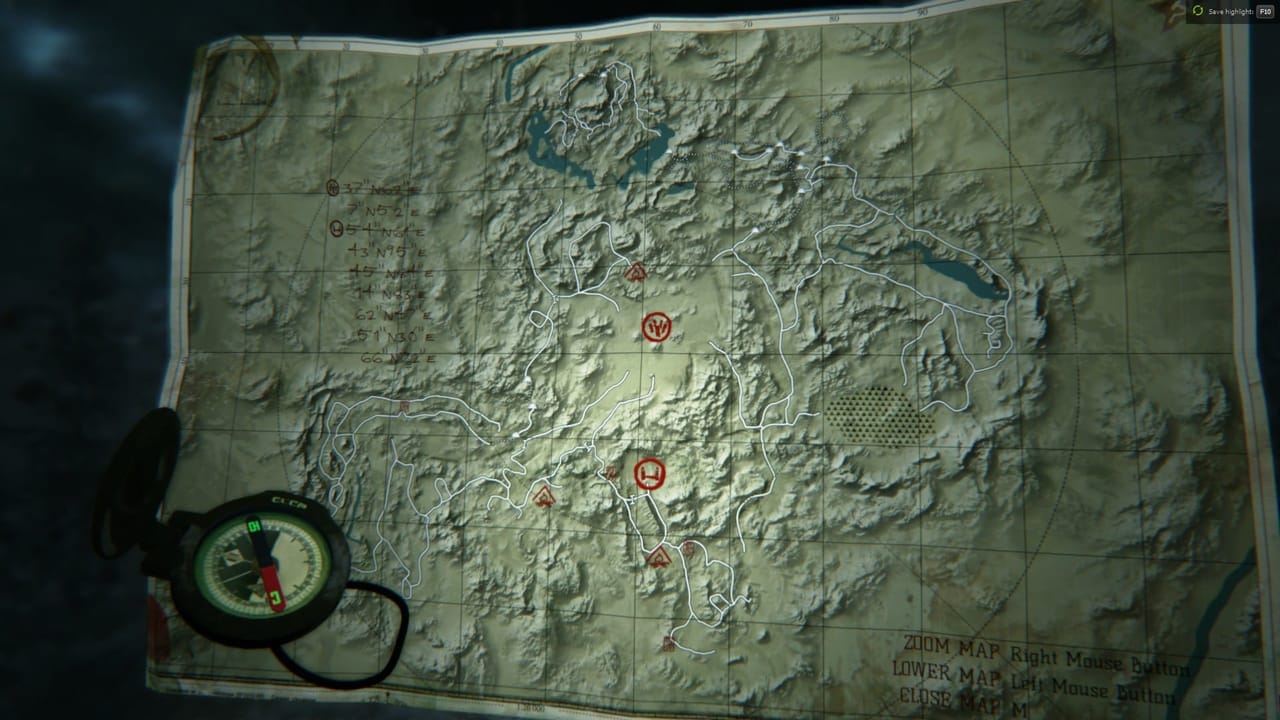
You will spend most of Kholat wandering about, trying to get from campsites to locations while keeping your eyes and ears open for any clues about the dangerous creatures in the area. Your flashlight helps light up paths, but you’ll quickly discover leaving it on all the time isn’t a good answer as it will make the enemies notice you faster. Sprinting all the time isn’t an option as your character will tire out, and it is louder for enemies in the vicinity. Being heady about your environment and what’s around is absolutely necessary for clues about where you can find things, as well as avoiding those enemies.
While wandering around like that might sound boring, there are two main mitigating factors here. The first is that Kholat is gorgeous – an absolute testament to what can be done with Unreal Engine 4. There are several different regions throughout and none of them are less than drop dead gorgeous. The only thing that appears a bit odd are the enemies, but that is more a stylistic choice where your mileage may vary, rather than something wrong with them in how they are done.
The second mitigating factor is that Kholat masters use of atmosphere throughout. The game has a haunting sound track as well as wonderful ambient sound effects, with the music knowing when to go off and just let the ambient sounds take over only to pick up more around plot relevant times or the traveling about enemies. The different regions add slightly different takes to the atmosphere with the caves and forest regions being different than other parts. The fact that the game is set solely at night with sounds suiting the night life, such as wolf howls, help make it even more chilling.
While at first it feels rather random when you die, the game actually does provide a good amount of tips about the monsters that you can figure out yourself – probably after you die in several seemingly unfair ways. Once you put it together, it makes many of the deaths feel much more like your fault rather than just the game being unfair. Though there were a few occasions where it felt like you had little way out. By sneaking some you can occasionally spot enemies, and see the patterns that they walk in, following the molten footsteps, but if you have your flashlight on, it is almost certainly going to get you spotted. There is also a hint in the change in music when you get into a danger zone that gives you a warning to either hide or run.
Kholat’s storytelling utilizes two main tools, the first being a collection of journal entries that you find. As mentioned before, there are 9 main locations and these are voiced over entries, but throughout the world you’ll find various other ones as well. While the 9 main ones give the direct story, the others help fill in all the details and information about the events. They are well-written and provide a lot of interesting information in general.
The second storytelling tool is a spoken narration by Sean Bean who will on occasion decide to speak up to provide creepy monologues that further create tension. The writing is well-done and crisp in all cases that I saw, and there is a nice touch of including what appears to be Russian on the other side of the journal given that this is taking place in Russia.
Generally speaking, Kholat is hands off as mentioned at the top – there is a "survival guide" you are eventually shown that gives a little bit of advice, but that’s it. You get some basic key commands, a hint or two, and after that it is wholly up to the player. While this is liberating, the game goes a bit too far at times there I felt, and it does make the game more of a niche product. There is, for example, no tutorial on how to orientate or how they have aligned the compass and map, which if like me you are totally helpless at those tasks, you will find yourself wandering for hours in the snowy lands of Kholat. There also lacks a legend on the map to help some of the map reading or various other things like that.
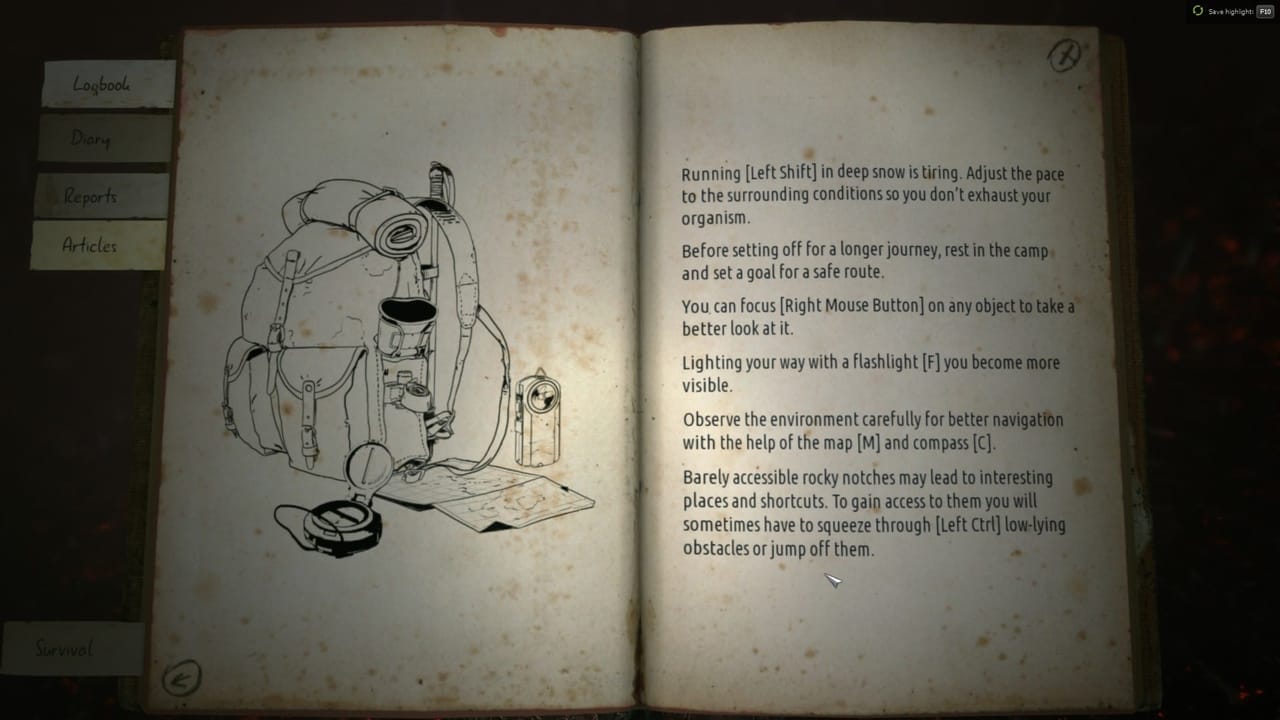
While I generally want more games to go off the quest compass that has dominated everything since the mid-2000’s, it feels at times Kholat swings too far the other way. The game also only saves at campsites you find throughout the area, or when you find a new note. This makes it more difficult and is one you can argue either way as it is definitely frustrating to lose 30 minutes or an hour, but it makes the situation more horrifying in many ways. It also provides further incentive to keep track of those note locations you find out as those aren’t just extra lore tidbits but save points.
That’s not to say the game is totally devoid of any quality of life things; there is the ability to fast travel between camps which makes the game sane for traveling between the distant portions of the world. Also, in another fit of mercy, the developers made it so that when hovering over a location on the map it tells you the coordinates. Also the minor notes get a location as well, though you do have to zoom in to see them, making it slightly more possible to track where you are.
However, there is one major issue we have to discuss here – the fact that I haven’t finished Kholat despite my best efforts. There are several things to discuss here, the first being that I really really suck at navigating and have spent over 11 hours in what is described as a 4-6 hour game because I keep getting lost. By itself, that would be a pretty weak reason but there are a couple other points. The first is that as I was trying to finish it up, I lost my save because the game version updated. That means I lost all the progress I had made in the game – the entries I found, the checkpoints and different things. I would have to restart again from the beginning if I was to finish this, and to have it out to help people looking at buying it right now, it would be late.
The last reason though is that my notes on Kholat – the notes I take as I play to review a game – have stayed the same basically throughout. The notes I made 3 hours in are basically unchanged with over 11 hours in now. That’s because Kholat knows what it wants to be and is unapologetic about it – it wants to be a challenging survival exploration first person horror game and picks no bones about it. It introduces the few mechanics early on and tosses you out there to explore what is essentially the game. For most games I find myself jotting down new things throughout, but once I figured out things on how the enemies worked and various little bits like that, there wasn't much to add other than noting the writing stayed solid.
Kholat is a difficult game to score because it is one that if it resonates with you, it will be in your game of the year lists I think. However, it is a pretty niche title with the difficulty, the genre, the map navigating and other factors, as well as a relatively short average run time (unless you get lost all over the place like me). If a game that focuses on atmosphere, beautiful graphics and horror generated not through cheap tricks and jump scares interests you, I recommend Kholat wholeheartedly.
Kholat is available now on GOG and Steam for $17.99, as it's 10% off its usual $19.99 price during its launch week.
Disclosure: A copy of this game was provided by the developer. As explained, the game was not completely finished due to save file being lost – please read above to see why.
Review Summary
Kholat is a welcome challenging and atmospheric take on the horror genre
(Review Policy)Have a tip, or want to point out something we missed? Leave a Comment or e-mail us at tips@techraptor.net
